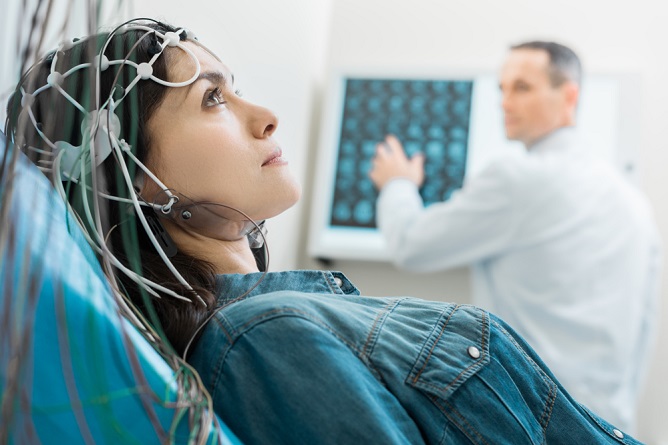
TMS therapy in Bridgewater, MA, is a non-invasive and effective treatment for major depression. It uses magnetic fields to stimulate nerve cells in the brain, which can help improve symptoms of depression. But who is a good candidate for TMS therapy?
The following individuals may be good candidates for TMS treatment for depression:
- Does not respond well to other treatments: TMS therapy may be a good option for those who have not experienced significant symptom relief from traditional depression treatment in Massachusetts, such as medication or therapy.
- Cannot tolerate medication: Some individuals may experience side effects from antidepressant medication that make it difficult to continue even with treatment. TMS therapy does not have the same side effects as medication, making it a good option.
- Those who relapsed: TMS therapy provided by Neurostar Advanced Therapy can be effective for individuals who have experienced a relapse of depression, even if they have responded well to other treatments before.
- With treatment-resistant depression: TMS therapy has been shown to be effective for individuals with treatment-resistant depression, meaning they have not responded to other treatments.
- Refutes electroconvulsive therapy (ECT): ECT is a highly effective treatment for depression, but it requires anesthesia and can have significant side effects. TMS therapy is a non-invasive alternative that may be a good option for those who do not want to undergo ECT.
It is important to note that TMS is not recommended for everyone. Individuals with conditions such as epilepsy or a history of seizures may not be good candidates for TMS therapy. Additionally, it is not recommended for individuals with metal in their heads or body, as the magnetic fields can interact with the metal.
If you are considering TMS therapy for depression, it is crucial to talk to South Boston TMS to determine if it is the right treatment option for you.




Leave a Reply